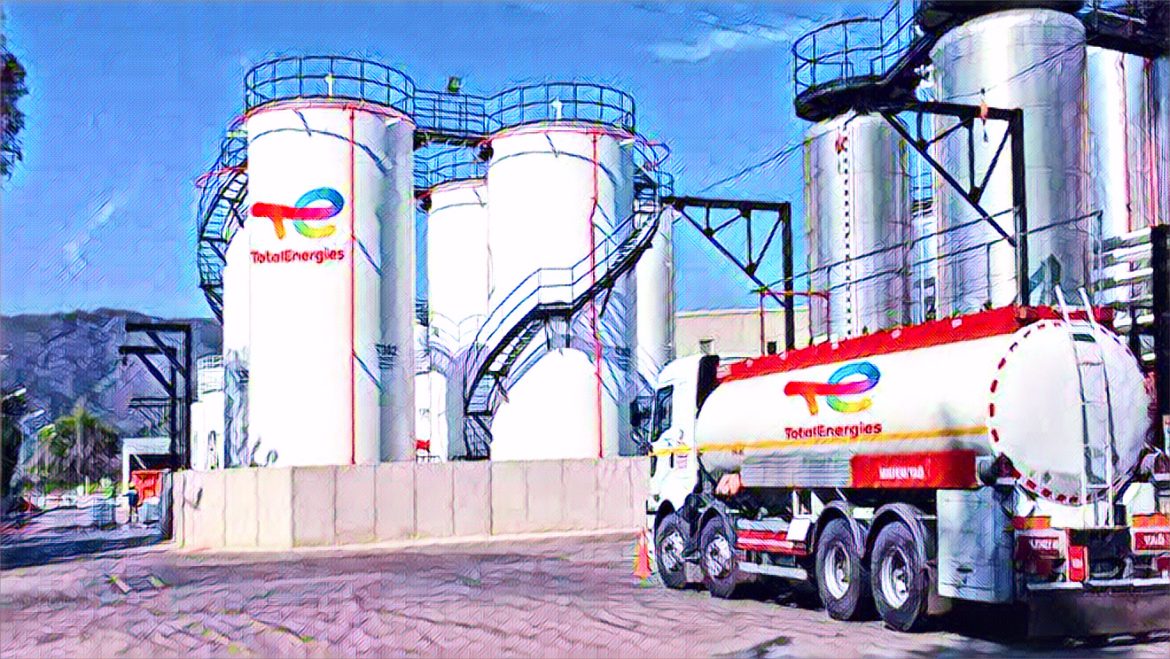A major renewable energy project that aims to transmit solar and wind power from Morocco to the UK has received a new investment from French oil and gas company TotalEnergies. The company announced on Wednesday that it had bought a 20 million pound ($25 million) stake in the Xlinks Morocco-UK Power Project, joining other investors such as Britain’s Octopus Energy Group and the Abu Dhabi National Energy Company.
The Xlinks project plans to build 11.5 gigawatts (GW) of solar and wind farms in Morocco’s Guelmim-Oued Noun region, which has abundant and consistent sunshine and wind resources. The project also includes a 22.5 gigawatt-hour (GWh) battery storage facility to ensure a stable supply of electricity. The power will be transmitted to the UK via four 3,800-kilometre-long (2,361 miles) high-voltage direct current (HVDC) subsea cables, which will have a combined capacity of 3.6 GW. The project says it has reached an agreement with Britain’s national grid to start delivering energy by the end of the decade.
The Xlinks project is expected to provide renewable energy to seven million British households and reduce carbon dioxide emissions by 26 million metric tons throughout its lifetime. It will also create thousands of jobs in both Morocco and the UK, and contribute to Morocco’s renewable energy ambition. Morocco has become a regional leader in clean energy, with a target of reaching 52% of its power generation from renewable sources by 2030. The country is home to the world’s largest concentrated solar power plant, the Noor-Ouarzazate complex, which covers 3,000 hectares (11.6 sq miles) of desert land.
Vincent Stoquart, TotalEnergies’ senior vice-president of renewables, said the project would benefit from the company’s “track record in developing large and complex integrated energy projects”. TotalEnergies has been expanding its presence in the renewable energy sector, with a goal of achieving 100 GW of gross installed renewable power generation capacity by 2030. The company has invested in several solar and wind projects around the world, as well as in green hydrogen and carbon capture technologies.
The Xlinks project is one of several initiatives that aim to connect Africa’s renewable energy potential with Europe’s energy demand. Other examples include the Desertec project, which envisions a network of solar and wind farms across the Sahara desert, and the EuroAfrica Interconnector, which plans to link Egypt, Cyprus and Greece with an underwater cable. These projects could help boost Africa’s economic development, enhance energy security and diversify energy sources, while also contributing to the global fight against climate change.
Source: Reuters



